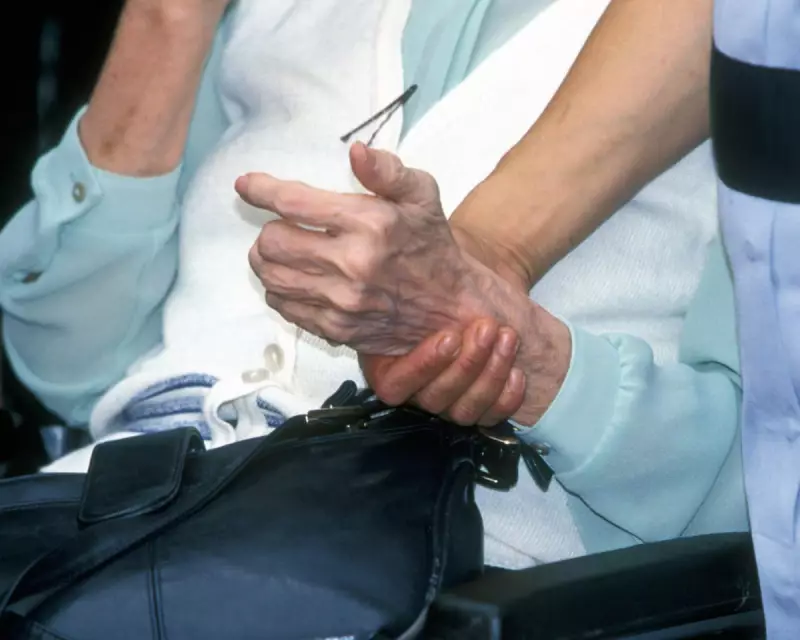
Britain's elderly population faces growing healthcare inequality as medical research continues to exclude older adults from vital clinical trials, according to stark warnings from leading health charities.
The Invisible Patients
New analysis reveals a disturbing trend in UK medical research, with studies routinely setting arbitrary upper age limits that effectively bar participation from older patients. This exclusion occurs despite this demographic being the most frequent users of healthcare services.
Key Findings:
- Over 60% of clinical trials for common age-related conditions impose upper age limits
- Only 12% of cancer trial participants are over 75, despite this group representing 50% of cancer patients
- Cardiovascular research systematically excludes those with multiple conditions - a hallmark of ageing
Consequences of Exclusion
This research gap creates dangerous knowledge voids in treating older patients. 'We're essentially flying blind when prescribing to elderly patients,' admits one geriatric specialist. Medications tested predominantly on younger, healthier individuals may behave differently in older bodies with multiple conditions.
The Domino Effect:
- Untested treatments lead to unpredictable side effects
- Doctors rely on anecdotal evidence rather than robust data
- Healthcare costs rise due to trial-and-error prescribing
A Call for Change
Charities are demanding urgent reform of research protocols to reflect Britain's ageing population. 'Research must catch up with demographic reality,' urges the director of Age UK. Proposed solutions include financial incentives for inclusive trials and updated ethical guidelines that protect without excluding.
The Department of Health maintains it encourages inclusive research but acknowledges more progress is needed. As Britain's over-65 population grows to 20 million by 2030, the stakes for solving this research crisis have never been higher.





